
Gastrointestinal Cancer
Latest News
Latest Videos

Podcasts
More News

Results from the PEAK trial showed increased PFS in the bezuclastinib plus sunitinib arm vs sunitinib alone for patients with GIST.

Data from the phase 2 INTERACT-ION trial support further investigation of the potential synergistic effect of ezabenlimab plus adaptive chemoradiotherapy.

Micheal C. Soulen, MD, spoke about his presentation on the CapTemY90 trial at the 2025 NANETS Multidisciplinary NET Medical Symposium.

Forming CUTNETs: A Joint Venture Between Surgery and Oncology in NETs
Considering historical trends of underpowered data in NET surgical studies, CUTNETs established a collaboration of surgical teams to better power research.

Short-Course Radiation May Be Feasible in Older Rectal Cancer Population
A shorter course of radiotherapy may provide similar oncological outcomes as long-course treatment for older patients with locally advanced rectal cancer.

Three GI cancer medical oncologists discuss the most significant abstracts in GI cancers from the 2025 ESMO Congress.

Novel SSTR-Targeted Alpha Therapy Shows “Encouraging” Activity in GEP-NETs
212Pb-DOTAMTATE showed “unexpectedly good” outcomes among those with gastroenteropancreatic neuroendocrine tumors, said Mary Maluccio, MD, MPH, FACS.
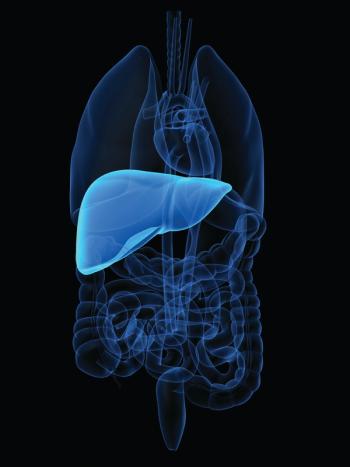
Pembrolizumab Combo Does Not Significantly Improve OS in Unresectable HCC
The safety profile of lenvatinib/pembrolizumab plus TACE among patients with unresectable HCC was consistent with previously reported studies.

Data from the phase 1/2 GOBLET trial show an objective response rate that exceeds a historical benchmark for second-line squamous cell anal carcinoma care.

What Is the Impact of the SHARON Trial on Pancreatic Cancer Research?
Kenneth H. Yu, MD, discusses the results from the SHARON trial in pancreatic cancer that were presented at ESMO 2025.

Results from the SHARON trial presented at ESMO 2025 showed a potential treatment option for patients with PDAC who have BRCA1/2 or PALB2 mutations.

Porustobart/Tislelizumab Elicits Responses in MSS Metastatic Colorectal Cancer
The anti–CTLA-4 antibody combination achieved an ORR of 34.8%, with 8 partial responses, in patients with pretreated microsatellite-stable mCRC.

For patients with NRG1+ cholangiocarcinoma, zenocutuzumab may be a therapy option, according to results from the phase 2 eNRGY trial.

The overall survival benefit with the bemarituzumab combination in the phase 3 FORTITUDE-101 trial was consistent across key prespecified subgroups.

Zanzalintinib Combo Improves Survival in Pretreated Metastatic CRC
Data from the STELLAR-303 trial support zanzalintinib plus atezolizumab as a potential chemotherapy-free option in previously treated metastatic CRC.

Temab-A Displays Early Efficacy in Locally Advanced/Metastatic PDAC
The safety profile of telisotuzumab adizutecan was manageable in pancreatic ductal adenocarcinoma, consistent with its profile in other tumor types.

Findings from the DeFianCe trial support further development of sirexatamab in DKK1-high previously treated metastatic colorectal cancer.

Patients with ESCC treated in 2 tislelizumab-based arms experienced higher composite complete response rates compared to chemoradiotherapy alone.
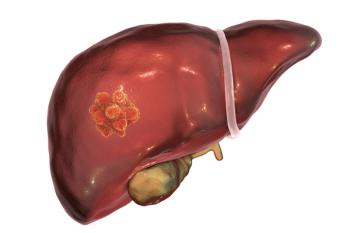
Overall survival data in the IMbrave152/SKYSCRAPER-14 study are not anticipated to show statistical significance.

Data from the INTERCEPT study support ctDNA clearance as a useful end point for potential benefit in studies assessing novel therapeutics.

ITM-11 showed superior PFS and ORR compared with everolimus in patients with gastroenteropancreatic neuroendocrine tumors.

XTR008 achieved a higher ORR and improved QOL compared with high-dose octreotide long-acting repeatable in advanced GEP-NETs.

Regorafenib/Nivolumab Exhibits Nonsuperior Survival in Gastric Cancer
A numerically greater response rate with regorafenib/nivolumab may encourage a search for more non-chemotherapy combinations for gastric cancer.

A survival analysis stratified by demographic and clinical characteristics revealed an OS benefit was observed with across key subgroups.

Meta: Safety outcomes, including the treatment-related AEs and AEs leading to treatment discontinuation, were consistent with or without lenvatinib in ESCC.


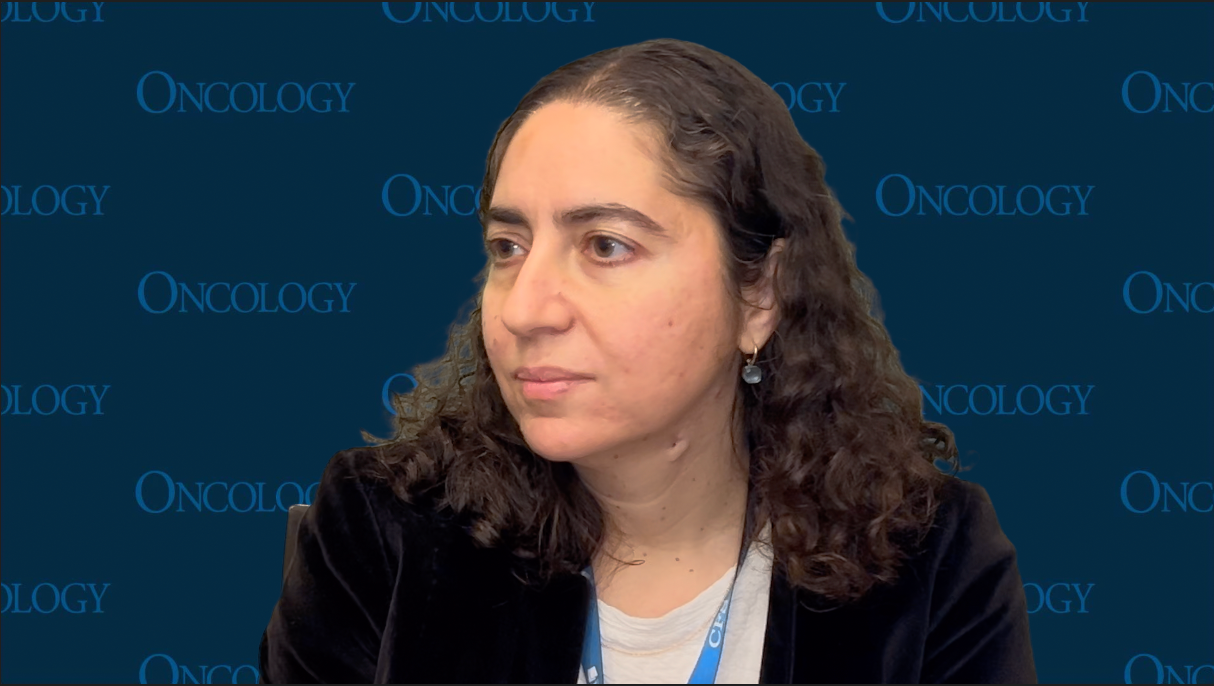
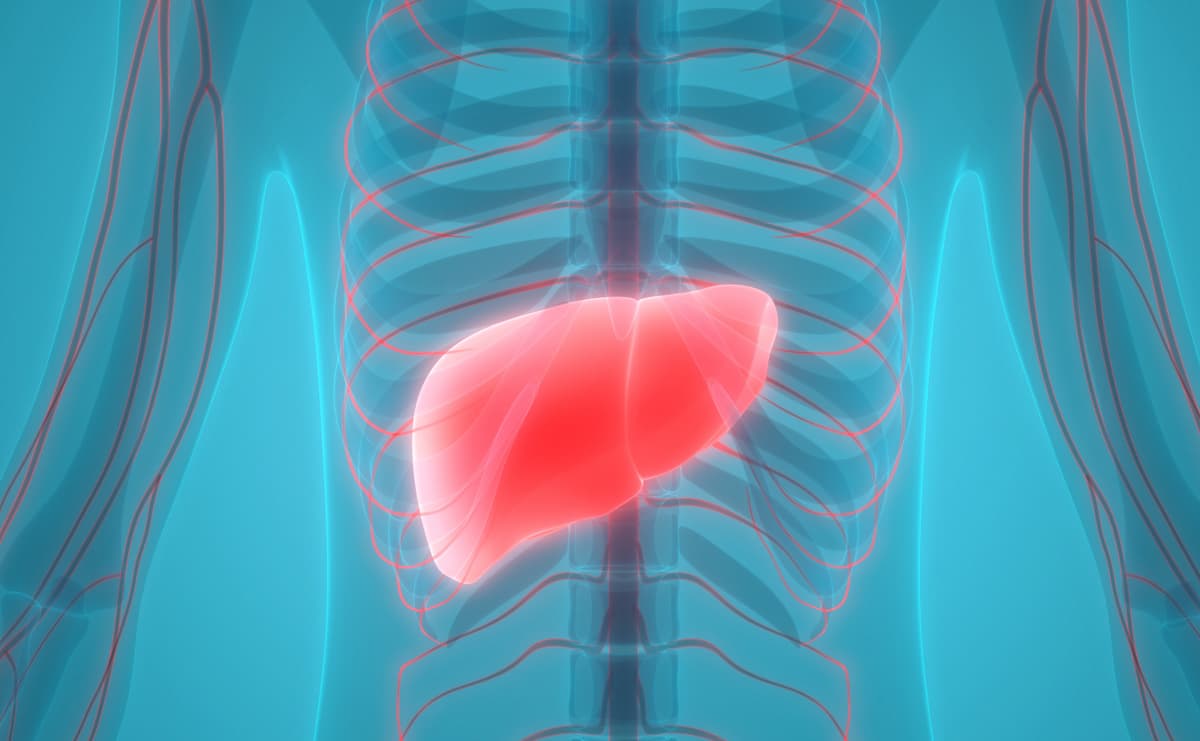

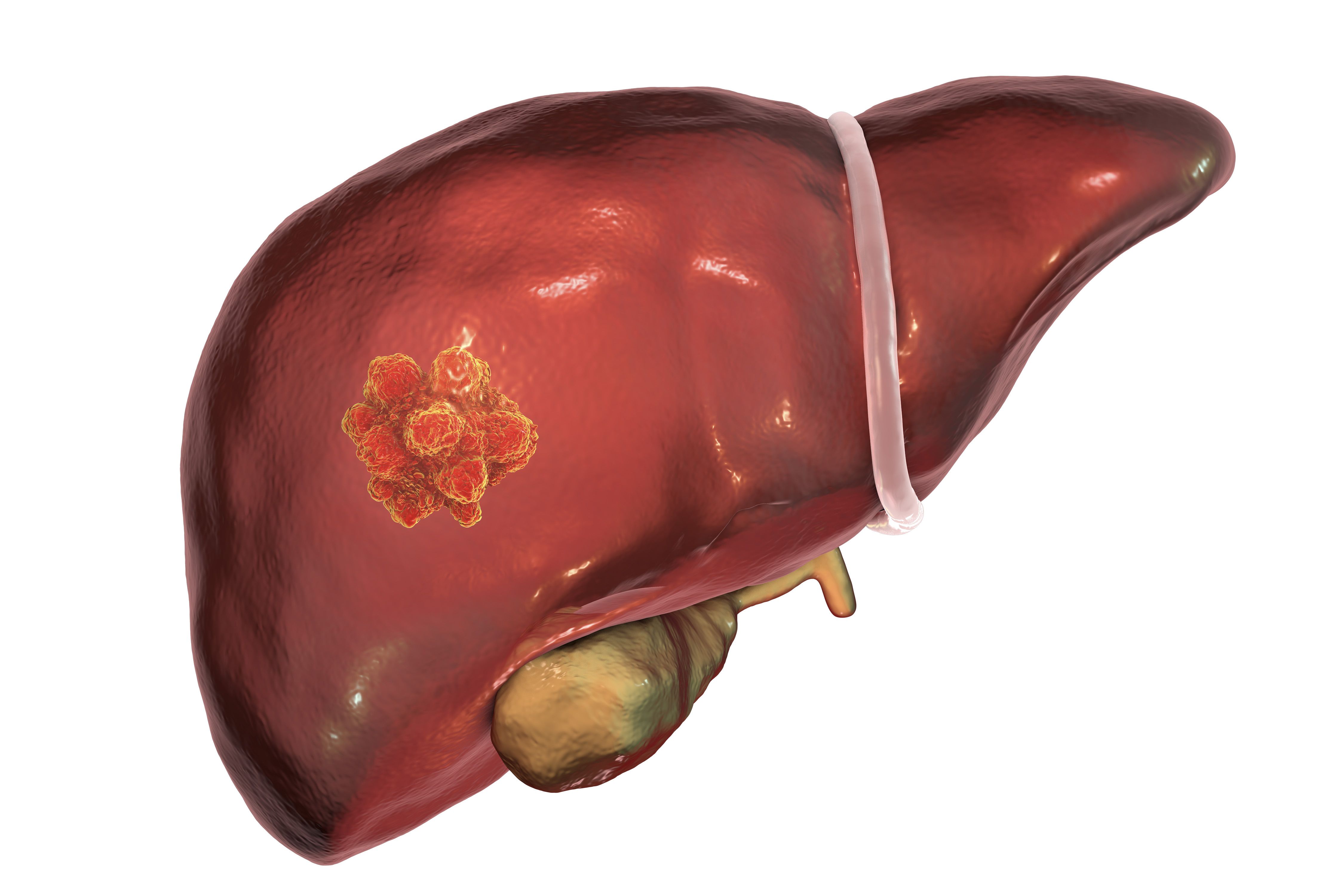
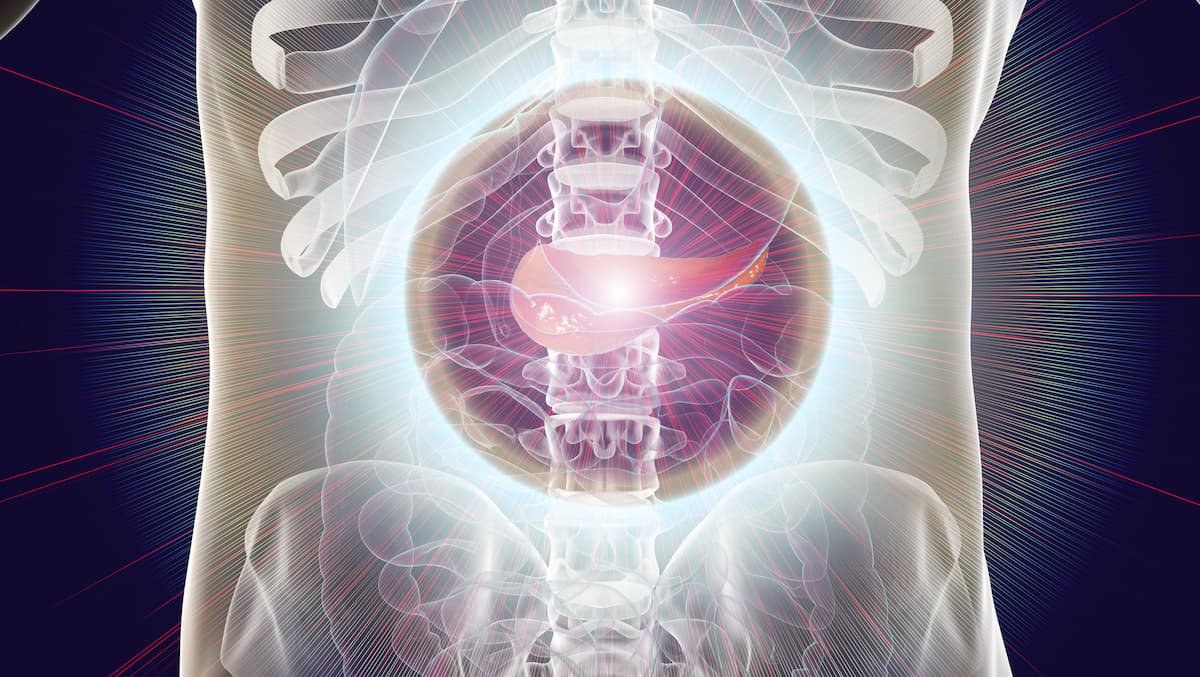

![“Everyone—patients, doctors—we all want the same thing. We want [patients] to live longer,” said Kiran Turaga, MD, MPH, on patients with peritoneal surface malignancies.](https://cdn.sanity.io/images/0vv8moc6/cancernetwork/9b290688648a249e516474c175a3c06309426d15-2950x1568.png?w=320&fit=crop&auto=format)






















































